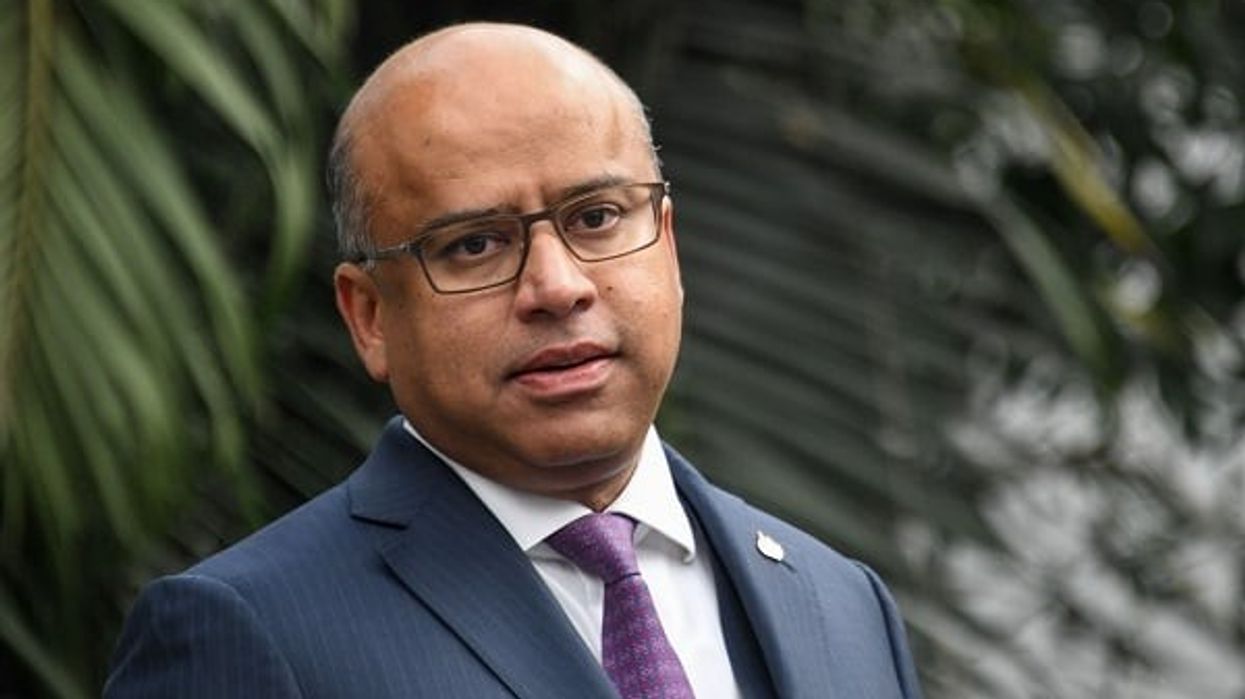BILLIONAIRE Sanjeev Gupta should be allowed to keep control of Liberty Steel despite concerns over poor corporate governance and opaque financing in the company, a UK government minister said.
Secretary of state for business, energy and industrial strategy (BEIS) Kwasi Kwarteng told MPs that he believed Gupta’s GFG Alliance could raise funds to save the firm, the Independent reported.
Meanwhile, contingency plans are being prepared in case the government needs to step in, he said.
In March, Gupta had sought a £170 million grant from the government to support Liberty Steel, which employs 3,000 people in the UK. However, his demand was rejected amid concerns the money could be used to pay off debts at GFG.
Kwarteng said, “If for whatever reason the refinancing doesn’t work out we have options… we are considering options of how we can take things forward.”
He added, “I’ve always said that we’ve got to wait and see what happens because the nature of the collapse of the financing, the nature of the state of the business is actually in will determine government’s action.”
“He (Gupta) said he wants to find private financing with his lenders and we have to see that process through.”
Gupta’s GFG Alliance faced criticism from MPs over its financial arrangements and its relationship with Greensill Capital. The conglomerate has been scrambling for cash after its main financier Greensill slipped into administration in March.
Kwarteng further said the government is also looking at ways to ensure more UK-produced steel is used in infrastructure projects in the country.
“Having left the EU we can have a much more flexible approach to issues of public procurement and sourcing a lot of materials we use here in the UK, he said, adding, “I’m hopeful we can do more to help our industry through a much more rigorous process of public procurement.”
BEIS has set up a steel task to analyse the future of the industry and a report on the same is expected later this year, he said.
“We should be able to have something quite concrete by the end of the year,” Kwarteng said.




